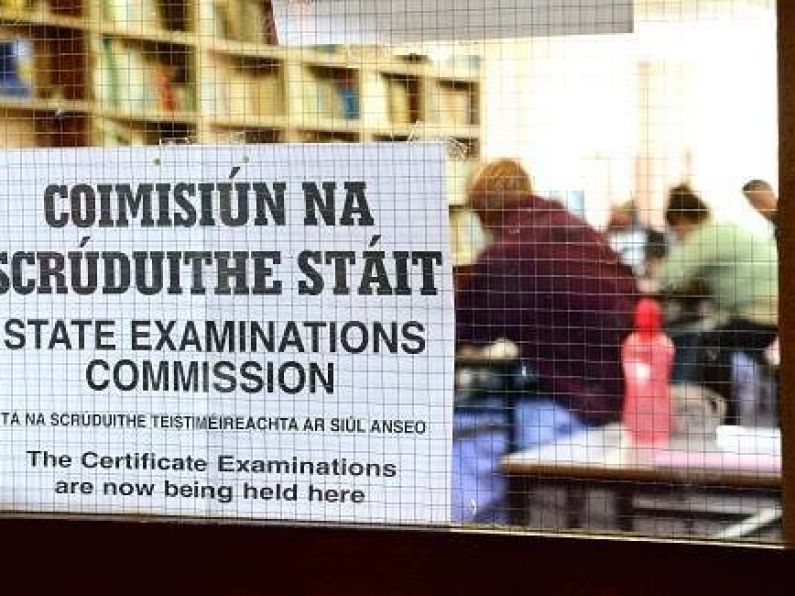By Ann O'Loughlin
A High Court judge has overturned the Minister for Education's refusal to consider a home-schooled Leaving Cert student for calculated grades on the basis none of those involved in her schooling were registered teachers.
The refusal to provide a calculated grade in any circumstances where the applicant is home schooled by a teacher or teachers who are not registered is "irrational, arbitrary, unfair and unlawful", Mr Justice Charles Meenan held.
The 17-year-old student from outside Dublin was home schooled mainly by her mother, with the assistance of her father and private tutors, none of whom are registered teachers.
Represented by Paul O'Higgins SC, with Brendan Hennessy BL, she brought the case after being told it was not possible to provide her with a calculated grade in any of the six subjects she had studied due to the absence of "satisfactory, credible evidence from an appropriate source".
In his judgment on Thursday, Mr Justice Meenan said a requirement in a document from the Minister for Education that a home-schooled student be taught by a registered teacher "is clearly an unfairness" and put this student at a "considerable disadvantage" compared to a student taught at school.
The Minister's document did not live up to its own stated principle of "fairness and equality".
Constitution
When the 2020 Leaving Cert exam was cancelled, the cohort of home educated students were entitled to be put in the same position, "as far as practicable", as those students who attended school, he said.
He was putting in that qualifier because there may be some home-schooled students, not including this applicant, for whom it is not possible to give an estimated percentage mark and thus cannot be awarded a calculated grade.
Article 40.1 of the Constitution, providing all persons shall be equal before the law, should mean the system for giving out estimated percentage marks "ought to be as inclusive as possible".
This issue of unfairness could have been readily addressed by the Minister making provision for involvement of an outside registered teacher in the process, which may result in the award of a calculated grade for a person in this girl's position.
He disagreed with the Minister's argument that would be contrary to the basis of the calculated grades system in that it would be making an "individualised assessment" for reasons including a teacher giving an estimated mark will be obliged to apply their professional judgment to the data and factual information concerning the relevant student.
Credible evidence
The absence of such a process resulted in the Minister deciding there was no satisfactory and credible evidence on which to consider this applicant for calculated grades "when that evidence had never been looked at".
He also rejected the Minister's argument that this complaint could be answered by the fact the student could sit the Leaving Cert exam in November.
This applicant had been unlawfully excluded from consideration for calculated grades and, in light of the public health situation, it could not be certain the Leaving Cert exam would happen.
In reaching his decision, the judge said he had applied the same principles as when he found in favour of an 18-year-old Co Mayo student, Elijah Burke, who was homeschooled by his mother and who also sued over a refusal to consider him for calculated grades.
The judge disagreed the Burke case could be distinguished from this applicant's because Mr Burke's mother was a registered teacher. The stated reason for refusing calculated grades to Mr Burke was "precisely the same wording as used in this case".
Although his decision in the Burke case, in which he directed Mr Burke be assessed for calculated grades is under appeal, the involvement of other teachers in that case had led to Mr Burke being awarded 577 points via calculated grades, the judge noted.






